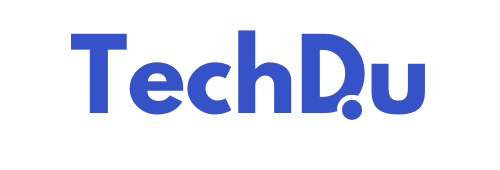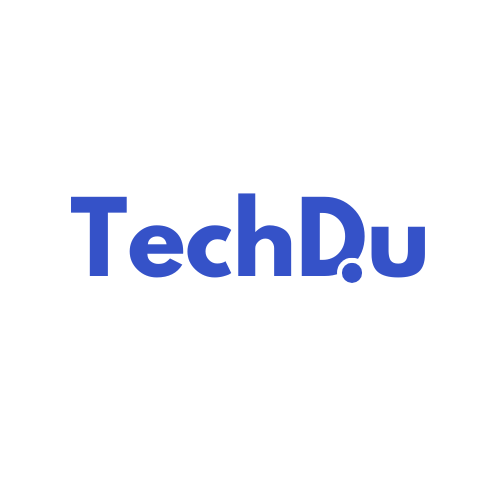Alphabet, the parent company of Google, trades on the NASDAQ under the GOOGL and GOOG tickers, drawing significant interest from American investors. They are encouraged by its dominant tech ecosystem, strong profit margins, and leadership in digital advertising and AI innovation. However, the rise of AI-powered search engines, as highlighted in discussions around Apple’s potential shift away from Google Search, is sparking debate about Alphabet’s future growth. The following sections explore Alphabet’s market value, competitive challenges, and emerging trends in the evolving search landscape.
Google’s Current Search Kingdom

It’s no mystery that Google rules the internet. It continues to maintain the most market share ever and has billions of searches done on it daily. Its search engine alone generated $198 billion in 2024, accounting for over half of Alphabet’s revenue.
This profit stream is the lifeblood of Alphabet’s dominance in technology. The company’s agreement with Apple prevents Apple from using another search engine as the default search engine in Safari. This configuration is a primary driver behind its ubiquity, but it’s led to serious antitrust concerns.
Google’s search kingdom is increasingly under siege from a rapidly evolving AI competitive landscape and mounting legal pressures. This effort to introduce generative AI, including AI Max for Search, suggests that Google is scrambling to defend its dominant position.
AI: The New Search Frontier
AI-enabled search engines are now providing responses that read more like human conversation, rather than a simple list of URLs. OpenAI and Anthropic are two of the main players in this new wave, creating tools that understand context and can hold conversations back-and-forth with users.
These new AI tools provide incredibly accurate, helpful answers at lightning speed. This sort of engagement is helpful to users in their quest to find precisely what they’re looking for. Some experts believe this could potentially double the amount of time people spend searching.
With these features now in the hands of more than 1.5 billion users across 140 countries, traditional search engines are being challenged. Ads might not play out like that, and a few argue that AI chatbots will soon operate across all kinds of devices.
Then there’s the antitrust talk, as the market is evolving quickly.
Apple Eyes AI Search Alternatives
Apple appears to be taking a close look at AI’s effects on search. They’re trying to figure out if more intelligent, quicker AI tools make a better alternative to plugging keywords into a search engine.
Apple will not terminate its agreement with Google. This deal still brings in around $20 billion a year for Apple, keeping Google as the default search engine on Apple devices.
Apple’s efforts in AI, if true, would be a massive game changer to how search operates today. It would apply serious downward pressure on Google’s market share.
That’s because many experts consider AI-driven search a real competitive threat for incumbents such as Google. There is just one problem—at least for this technology, it’s too soon.
Legal questions are not far removed, though. These emerging AI search tools could tip the scales in favor of the tech titans or regulators.
Alphabet Stock: Navigating the Turbulence

here’s been no shortage of volatility in Alphabet’s stock recently. It’s down 9% in after-hours trading and has lost nearly 20% since the start of this year. These moves are linked to recent Apple news and the deepening global trade negotiations. They rattle investor confidence and ignite immediate sell-offs.
Nevertheless, Alphabet has continued to be active, advancing generative AI and maintaining its advertising cash flows. On multiple occasions, the stock trades at 20 times forward earnings, a discount to its peers. With a $2.5 trillion market capitalization, its market entrenchment is clear.
Concerns over tariffs and antitrust risk have resulted in fierce selling pressure, but most consider this a gross overreaction. YouTube and cloud services both are considered long-term, high-confidence growth bets for the company.
Google’s AI Defense Strategy

Google keeps putting big money into new AI tech, aiming to stay ahead in the search world as rivals push hard with their own AI search engines. Deep inside the Google cloud segment, they continue to launch new tools under the guise of generative AI answers. These advancements help folks get the assistance they need more quickly and directly!
Despite these impressive odds, the internet giant Google is in for a rough ride. Investors were spooked—the stock fell nearly 9% as new AI-powered search tools entered the market. So far this year, shares are down a full 20%.
The Department of Justice is currently reviewing Google’s practice of paying to be the default search engine. This probe calls into question whether this is a level playing field and whether Google has abused its ad-tech supremacy.
Google’s true advantage lies in an unending stream of new creative ideas, allowing it to adapt to seismic shifts and powerful new competitors in the cloud computing platform landscape.
Broader Market and User Impact

Alphabet’s role in the marketplace has big implications on how advertisers and businesses appear online. When search traffic suddenly plummets, as happened in April, those who depend on Google’s distribution find themselves in deep waters. Otherwise, they will suffer from lost clicks and lost sales.
As users try AI-driven search tools, firms must watch for big changes in where people find info—this can shift budgets and strategy fast. Stronger privacy rules and new security tools put users in more control over how their data is used. Tech companies need to earn that trust by doing better and by doing more.
Here in the U.S., antitrust laws and new challengers in AI search have rattled the status quo. In the interim, though, digital ad spend continues to skyrocket. Key trends include:
- More private search habits
- AI changing search results
- Tech shifts driving user choices
- Tight rules changing business models
The Future of Online Discovery
future of online discovery is a constantly moving target. AI and machine learning increasingly play a big role in how people discover stuff online, allowing for quicker, more relevant searches.
Voice search continues to increase in popularity! Tools that were once seen as a futuristic luxury, like Google Assistant and Alexa, have become indispensable in daily life for countless Americans.
These tools are even making an impact in healthcare where access to timely information is critical. Natural language processing allows these systems to understand what people intend with casual speech, not just search terms.
With visual search, everything changes! It allows consumers to take a picture to find a product or a patient record. More people talk to bots to get information.
The more data that accumulates, the more AI can hone in to provide the most personalized experience for each individual. As so much sensitive personal data is utilized, privacy and emerging technology need to work collaboratively.
Conclusion
This is how Alphabet maintains its position as a dominant force in the technology sector. With every shift in search and AI, the stock moves incredibly quickly. For investors, it’s a case of greatest hits—up one day, down the next. This is as serious as it gets – real moves from Apple and other rivals really turning up the heat on Google’s search game. Alphabet responds with fresh tools & clever AI adjustments tied to the historic challenges of the pandemic. These changes have a huge impact on how Americans search for information online. People who follow tech stocks understand obvious hazards and enormous opportunities. To stay ahead of the pack, savvy investors read the trades, follow the trends, and review every quarter’s results with a fine-toothed comb. Stay smart, stay educated, and engage with experienced professionals before you take your next step on Alphabet stock.






